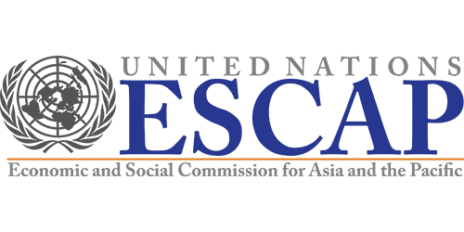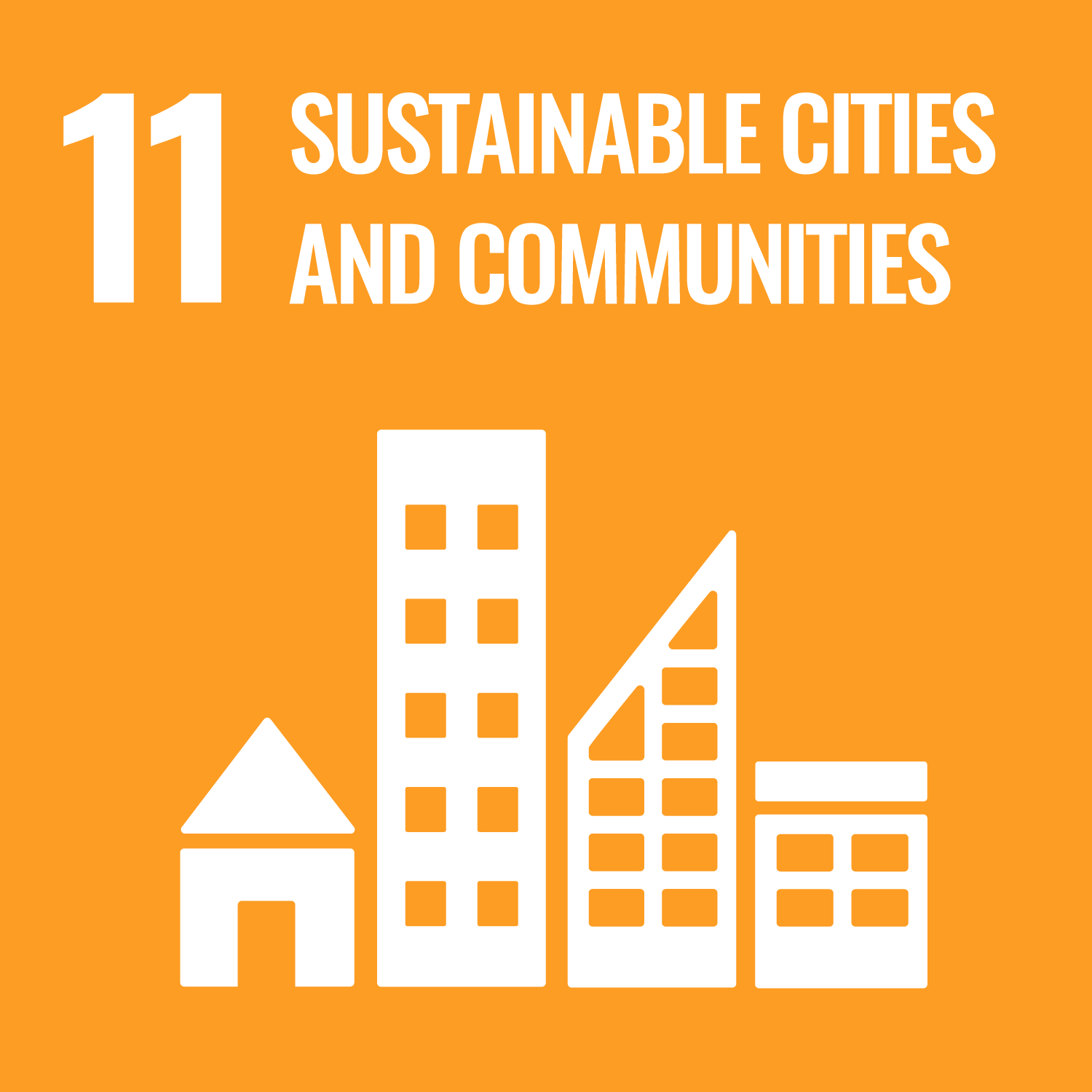UNESCAP

About UNESCAP
Established in 1947, the United Nations Economic and Social Commission for Asia and the Pacific (ESCAP) is the regional development arm of the United Nations for the Asia-Pacific region. Partnering with 53 Member States and 9 Associate Members, ESCAP works to overcome some of the region’s greatest challenges through development projects, technical assistance and capacity building.
To address the high incidence of road crashes and related injuries and fatalities within the region, ESCAP provides support and guidance to Member States on initiatives to improve road safety. Guidance for the region is consolidated in ESCAP’s Guidelines on Road Safety Action Plans and Programmes. This publication outlines how road safety strategies and activities can be developed and implemented in Member States, and provides guidance on funding to cover technical assistance and interventions.
The ESCAP regional road safety goals, targets and indicators for Asia and the Pacific were developed as a follow-up to the Ministerial Declaration on Improving Road Safety adopted by the Ministerial Conference on Transport in Busan in 2006. These goals, targets and indicators were further defined at subsequent road safety expert group meetings in 2009 and 2010 in order to align with the targets and indicators of the Global Plan of Action for Road Safety 2011-2020.
Executive Committee No
UNESCAP and Road Safety
Road safety problems are increasing in many ESCAP member countries and effective action needs to be taken if the situation is not to continue deteriorating. This publication demonstrates how safety activities can be developed by implementing intervention in three stages: Stage I – Development of a coordinated approach; Stage II – Development and implementation of priority action plan; and Stage III – Development of five-year national road safety programmes.



